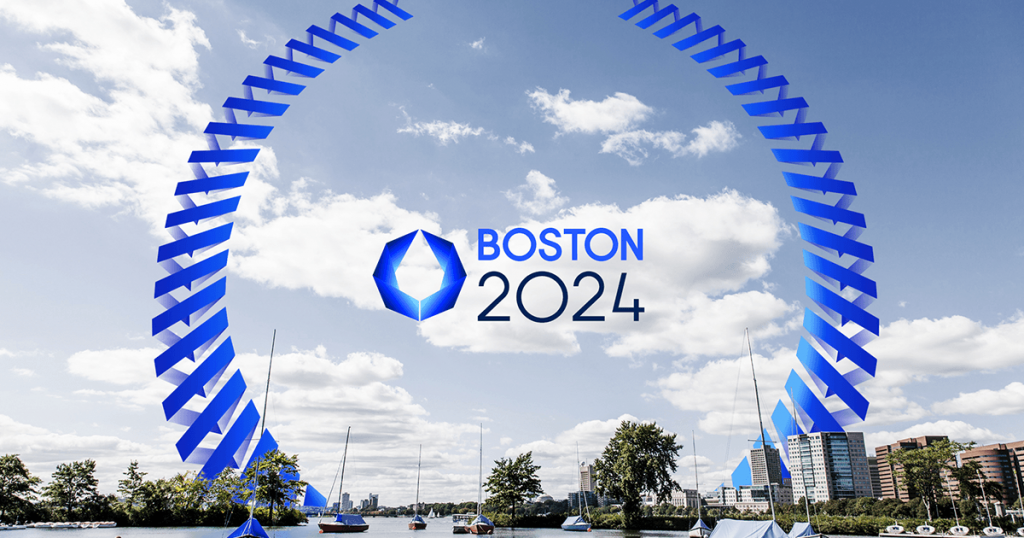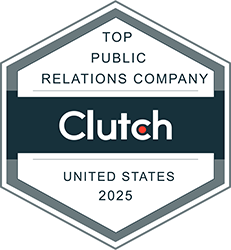During the past few months, the possibility of Boston hosting the 2024 Summer Olympics has made many locals uneasy. Just last week, over 300 people came out to Suffolk University Law School to discuss the 2024 Olympic bid. While the Olympics can be a source of pride for a country and city, most Bostonians believe the money that would be invested in building stadiums and hotels for the games would be better off put towards improving housing, hospitals, and schools in the area. WBUR recently surveyed 507 people and found that 55% of Bostonians support the city bidding for the games. However, if public funds are used, that number drops to 39%. If that’s not enough evidence, a simple search on Google or Twitter shows how public support of #Boston2024 is scarce.
One group of Bostonians felt so passionate about the subject that they formed the No Boston Olympics Organization. @nobosolympics has over 2,248 followers on Twitter and actively tweets about the absurdity of hosting such an event in Boston. Although the Olympics at hand won’t take place until 2024, the host city will be chosen in less than two years, and local support plays a big role in the International Olympic Committee’s (IOC) decision: three bids for the 2022 Winter Games were pulled after citizens in Germany, Switzerland and Poland voted against hosting. In 1976, the IOC awarded the Winter Games to Denver, and the city ended up pulling out after voters rejected the use of state money for the Games.
Look like your #mbta commute today? The Olympics are not going to help, folks: http://t.co/m80JRBlP8A #boston2024 pic.twitter.com/UlztYjKiab
— No Boston Olympics (@NoBosOlympics) February 11, 2015
Patrick Sandusky, chief communications officer for the United States Olympic Committee (USOC), said the body should would work closely with the Boston 2024 team to engage the local community and improve the bid. He stated that, “As the public learns more about what the Games could mean for the community, we’re confident the bid will have overwhelming support.”
The USOC needs some serious PR help to get Bostonians on board by 2017. Right now, the conversation is a bit muddied with information and facts about different aspects of the games. As a PR pro, I recommend they streamline their key messages to ensure the most compelling and important information shines through. After all, Boston Globe correspondent Rob Ryan points out that “not every Olympic experience is a negative for the hosting community.” They should use events like the NYC Olympic bid in 2012 and the 1992 Olympics in Barcelona as examples of success. Even though NYC lost the bid in 2012, new neighborhoods, parks, stadiums, middle-class housing, and even the first subway extension in 50 years grew out of the city’s failed Olympic bid. After hosting the 1992 Olympics, Barcelona established itself as a tourist mecca.
The head of the IOC believes that, since Boston is a center for higher education, the city “offers great potential to build a compelling narrative to support the city’s Olympic bid.” This is one point that has been emphasized and pushed forward to the public’s attention. By utilizing the existing infrastructure from local colleges and universities, Boston could maintain low costs. In order to establish other benefits, the USOC and the City of Boston can engage with the community and get them excited about the Olympics by:
- Launching crowdsourced contests. Local architecture students, for example, would certainly be interested in contributing to this campaign, and this would help keep costs lower. Students at Beaver Country Day school, a BIGfish client, even came up with a series of ideas for the Boston Summer Olympics. Students seemed very excited about the task and came up with creative ideas like using duck boats as transportation for the athletes during the event in order to bypass traffic.
- Creating a truly inspirational video that shows what the Boston Olympics could look like and how great it could be for the city. Brian Honigman, a New York-based content marketing social media marketer states that: “Providing a teaser trailer to a video on social media helps drive additional hype around a campaign.”
- Inviting grad students and professors from Harvard, MIT, and other local universities to help with projects. Engaging Boston’s residents in the planning process will not only be beneficial to the International Olympic Committee, but also to the city of Boston.
- Using social media to tap into ongoing conversations to share ideas and spread key messages. There has been a lot of negative Twitter chatter around MBTA this week: this would have been a great opportunity to talk about how money for the Olympics could be invested in public transport infrastructure.
- Inviting people from Atlanta, London, Russia and China to speak about the Olympics that were held in their city. While we often hear from government officials and committees with clear agendas, it would be helpful for Bostonians to hear from regular citizens from Atlanta who have a positive opinion of the games and can explain how the experience was overall beneficial. This could be done either through a promotional video or inviting these people to speak at local olympic meetings.
There is plenty of time to prepare and compromise before a decision in made in 2017. The amount of preparation the Brazilian government pulled off in two years preparing for the 2014 World Cup is a great example of a government accomplishing great feats in a little amount of time.The government constructed airports, paved roads, and built massive stadiums and hotels that have benefited Brazil tremendously so far. Boston now has 2½ years to prepare its bid, and another 9 years to prepare for the event. That is plenty of time for Bostonians to get together and interact with city representatives as well as the Olympic committee to create a plan that benefits both Boston and the games.


